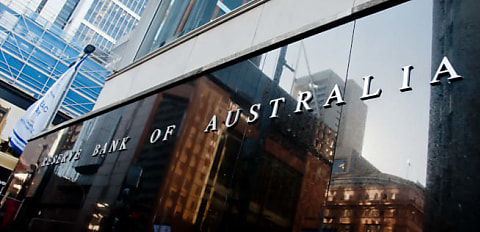Commonwealth Bank of Australia chief economist Stephen Halmarick predicted that “chances are high” that the Reserve Bank of Australia (RBA) will achieve its desired “narrow path” in 2024, as rate hikes are slowing the economy to the desired level “without pushing it into recession”.
Mr Halmarick stated that 2024 will have “more than its fair share of risks and challenges”, notably with various geopolitical risks and the impending US presidential election, however, the Australian economy “remains in relatively good shape” despite these hurdles.
While the Australian economy is losing momentum driven by a slowdown in household spending, “inflation was also decelerating – albeit at a slower pace than other nations”.
“The good news is that the pace of global inflation clearly [began] decelerating around mid-2023 and we expect further deceleration in 2024, however, markets will also focus on the balance between returning inflation to 2 per cent targets, without doing too much damage to labour markets,” Mr Halmarick said.
“CBA is forecasting the annual rate of inflation back at 3 per cent at the end of 2024, well ahead of the RBA’s current forecast and closer to the Commonwealth government’s latest forecast.
“We also expect the RBA to begin a modest monetary policy easing cycle from September 2024 onwards.”
Mr Halmarick noted that markets and the RBA itself will need to “get used to the new rhythm” of the RBA, now with only eight meetings a year (beginning in the first week of February), a new monetary policy board, and regular press conferences.
The major bank expects the central bank to lower the cash rate by 75 bps during the second half of 2024 starting in September, followed by a further 75 bps in 2H25, when inflation is expected to finally reach the RBA’s 2–3 per cent target range.
As revealed in the minutes of the final monetary policy meeting in December, the RBA board noted that there had been “encouraging signs of progress towards the board’s objectives and that this needed to continue”, after it decided to hold the official cash rate at 4.35 per cent.
The decision to hold the cash rate came as the RBA believed that the recent datasets over the previous month “did not warrant a material revision to the outlook and that there is the possibility of a larger rise in the unemployment rate than anticipated”.
“Members observed that monetary policy was working to bring aggregate demand and supply into closer alignment. They noted that the risk that it takes longer than expected to return inflation to target was balanced by the risk that aggregate demand slows more quickly than anticipated,” the RBA stated.
[RELATED: ‘Encouraging signs of progress’: RBA]

